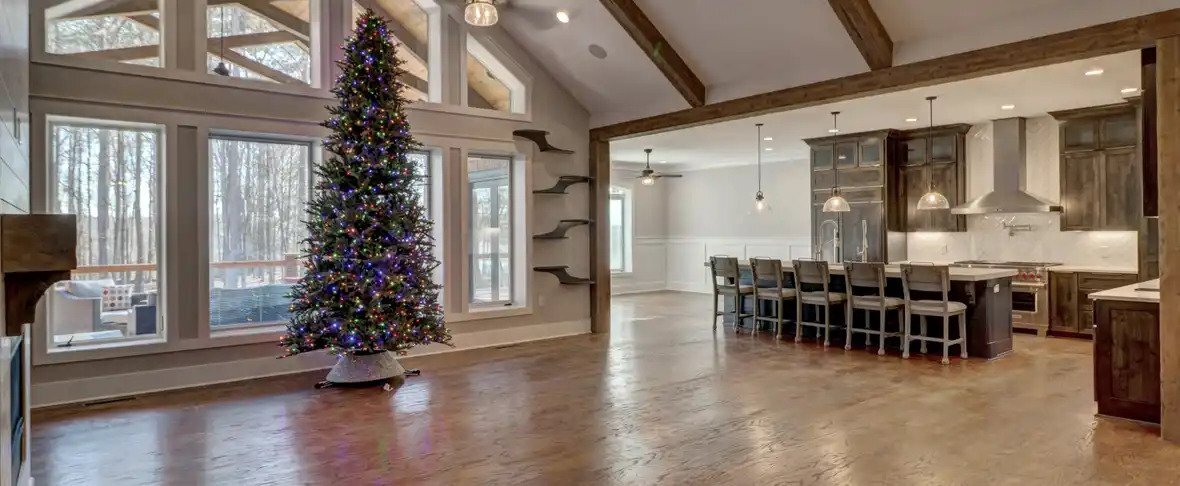
Building Stronger Hotels with ICF Blocks

How Much Does an ICF House Cost to Build?

5 Tips for Choosing the Best ICF Block Systems

Why Real Estate Investors Should Rebuild with ICF Instead of Fix and Flip
Real estate investors can limit the financial risks of fix and flip construction by demolishing the old structures and rebuilding with insulated concrete forms (ICFs).
New Training for the Fox Block Interlock
We have found it to be a waste of time and energy to attempt to offset or stagger the block as in the photo to the left. By creating a vertical stacked seam you will be more accurate with the job dimensions and will increase your profit by gaining efficiency.

Cinder Block (CMU) vs. Traditional Poured Concrete Wall Foundations
We cover the differences between CMU blocks and poured concrete foundations so that you don’t have to learn from trial and error.

The Business Case for Building Multifamily with Insulated Concrete Forms (ICFs)

What is a Resilient Home and How to Build One
Constructing strong homes that endure time and nature is crucial in modern building. Resilient homes are created to withstand harsh weather and provide exceptional durability and safety for homeowners.

Understanding Current Supply Chain Woes and the Lack of Skilled and Unskilled Labor

The Advantages of ICF over CMU Construction
Concrete masonry units (CMU) and insulated concrete form (ICF) walls have several features in common: energy-efficiency, durability, and good indoor environmental quality (IEQ). However, ICF is quicker and easier to install compared to CMU, which saves time and money.